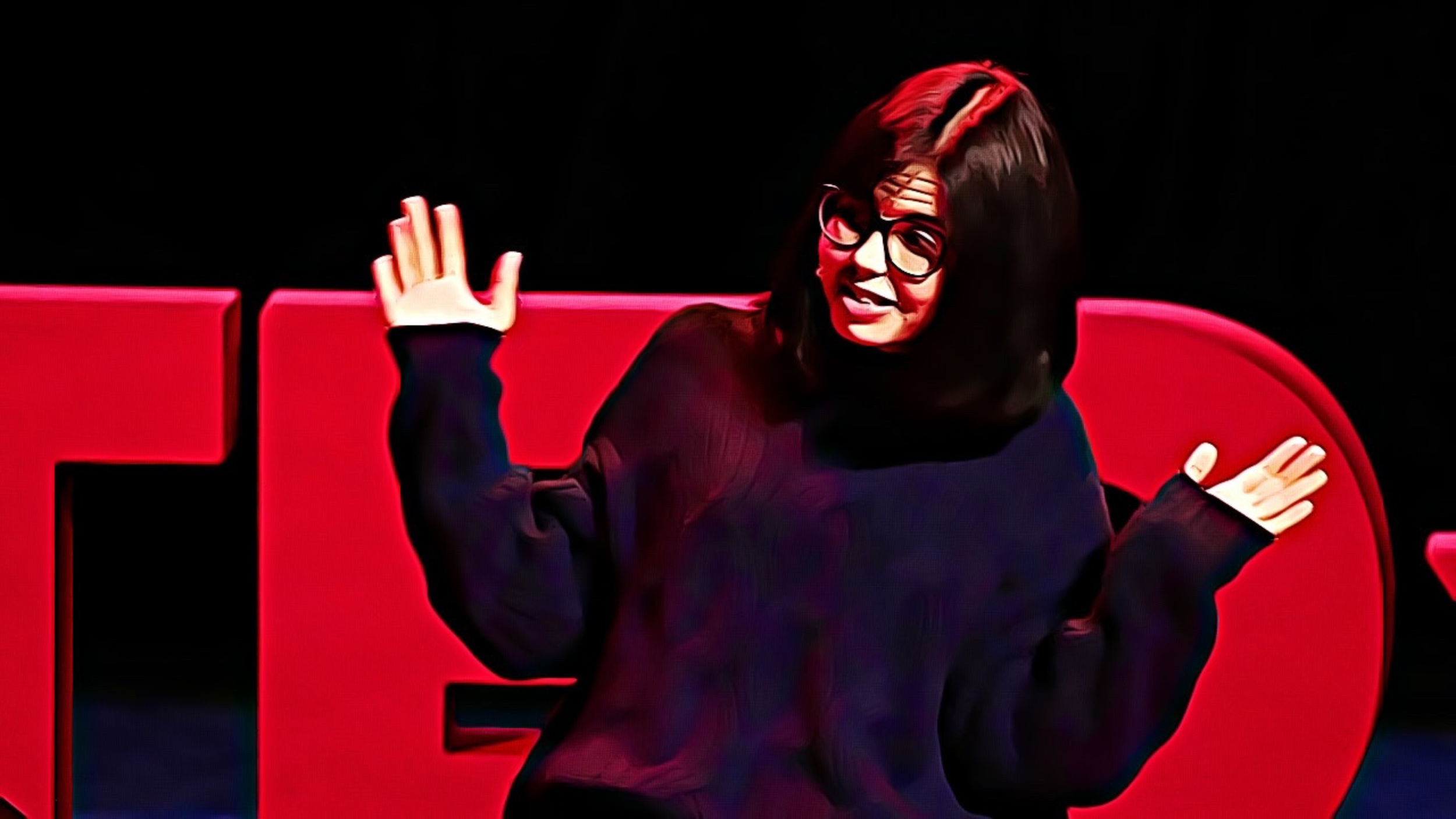
“You know, now I think probably when I started doing this, or when, you know, I started my career in science, if I saw kind of one or two women speakers at the on the line up I’d think, oh well, that sucks, but that's just the diversity of the field and like they probably tried their hardest. Now I know. It struck me a lot at the beginning of the pandemic when they had all of that coverage on news channels and in newspapers about the kind of epidemiological heroes who were leading the way out of COVID or the people who were working in hospital and pretty much everyone they featured… there was an incredible article by the Times that was like… these nerdy statisticians who were helping us find our way out of the COVID pandemic and they were ALL white men. I used to look at those lists and think, oh, the journalists probably tried…and now, I look at them and think, you LAZY… I probably shouldn’t say it…” (laughs)
In this week’s all-new episode of THE IDEALISTS. podcast, host, and entrepreneur, Melissa Kiguwa, speaks with the remarkable Dr. Jess Wade. The 33-year-old London-based physicist has become something of a phenomenon. Both an irresistible force and an immovable object, she was recently invited to Buckingham Palace to receive the prestigious British Empire Medal for her contributions to science. Ironically, she was being honored for her work honoring a whole host of other female scientists lost to history. Since 2017, the Imperial College Fellow has written nearly 1800 Wikipedia pages for long-ignored women and minority scientists and engineers. Just 19 percent of English Wikipedia biographies are of women. So, having one’s work on the go-to site for an estimated 2 billion people per month seeking information about individuals, ideas, and topics large and small translates to more opportunities and access to grants. Ultimately, what gives Jess the most joy is seeing a scientist, whose profile she created, go on to earn a fellowship or award. It’s truly her passion project as she professes, "she’s never not had someone to write about." There’s always someone whose work or story has gone uncredited.
Note: the podcast Melissa mentions on the show is “Underestimated” featuring the founder of IFundWomen, Karen Cahn.
in the episode:
Jess leads off the conversation with a story about a head teacher in the UK who’d claimed only 16% of her A-level physics students were female, but that this was okay because girls didn’t like the “hard maths”—the suggestion being that girls are simply not as “able” in the subject. And then, what does it mean when society does such a terrible job—historically across generations—refusing to recognize women scientists in any sort of meaningful way?
Next, she relates her passion for her own research as a scientist working on new nanoparticles that can impact climate change and how her side hustle of elevating women and other historically excluded groups has mushroomed into this movement of awareness with people reaching out with ideas, partnerships, conferences, and suggestions. At nearly 1800 pages, the profiles have evolved beyond a white UK scientific community to include the global south and more internationally diverse sources including, The Lancet, TED Fellows, and Next Einstein Africa.
Building on this, the process of researching the profiles has revealed not only how many women are out there, but also how extremely closed and privileged the world of science is. In countering this, she relates several healing tales of women scientists from Dr. Gladys West whose work ultimately became the basis for the Global Positioning System (GPS) to Dr. Sumita Mitra whose work with nanoparticles for 3M Oral Care completely revolutionized dentistry.
Lastly, Jess shares her audacious wish to see real, unfettered access and inclusivity in the STEM community for women and minorities as well as a genuine leveling of the playing field in terms of academic cultural reform to create greater equity, more flexibility, and open doors for women and minorities to advance and thrive no matter their background or gender.
Resource(s):
Jess on Twitter: https://twitter.com/jesswade
Jess’s own Wikipedia page: https://en.wikipedia.org/wiki/Jess_Wade
Jess’s Latest Book: Nano: The Spectacular Science of the Very (Very) Small: https://a.co/d/2rOzJNo
AIMS: Next Einstein African: https://nexteinstein.org/
500 Women Scientists: https://500womenscientists.org/
